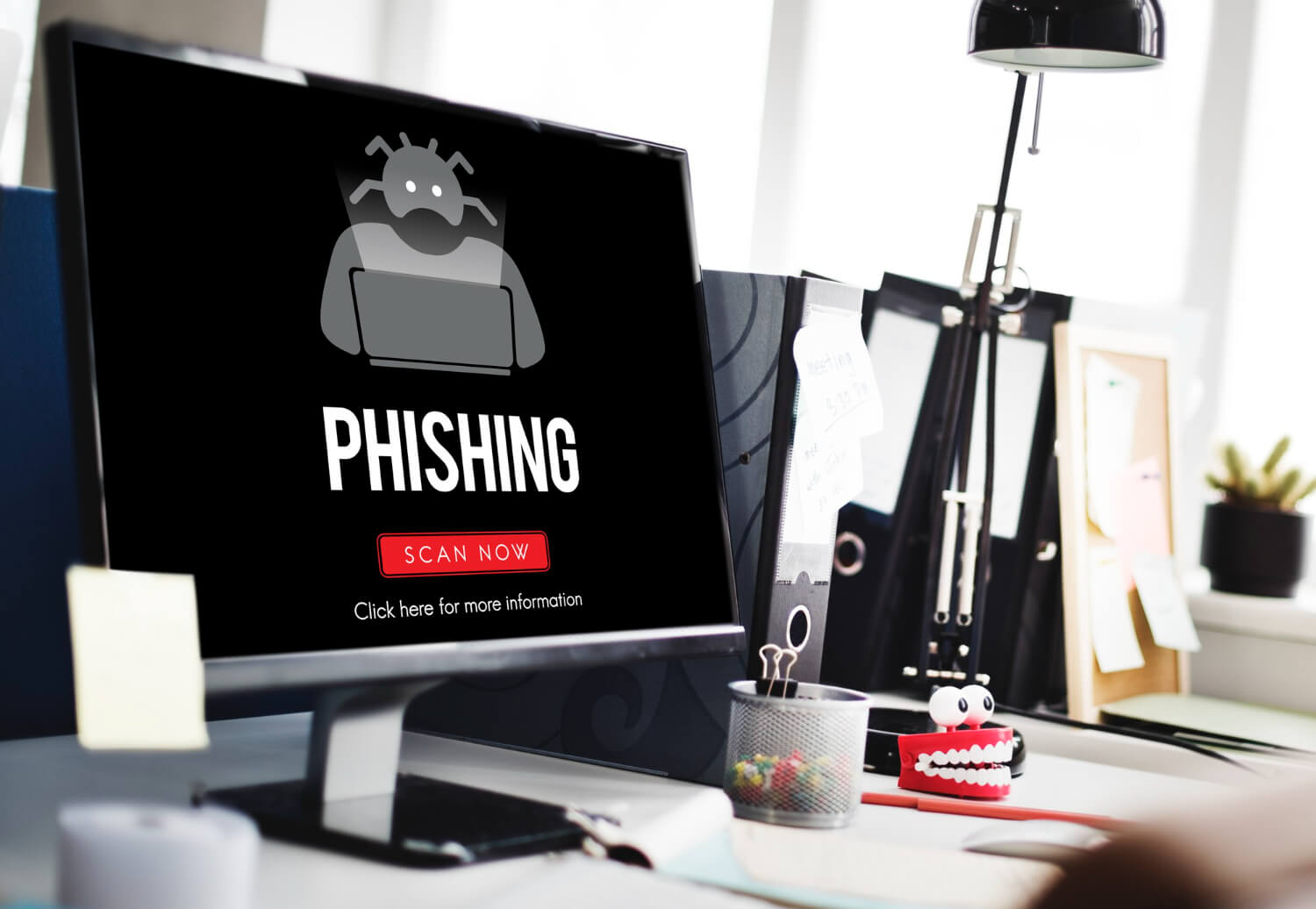Are You Making Your Business A Target For Spear Phishing?

You have probably heard of phishing, but have you ever heard of its more dangerous counterpart, email phishing?
Email Phishing
Phishing is also commonly known as email scams, they work by a hacker sending out emails containing malicious links. If recipients of these emails were to click the link embedded in the email the link would start a secret download of their computer malware. Hackers commonly pretend to be someone. This is where the hacker pretends to be someone of authority, possibly a utility provider that potentially supplies utilities to the potential victim or a local authority representative. They may use this fake position to send out a threatening email which could state that the recipient of the email has underpaid on their previous bill and they need to click this link to learn more. Hackers can also pretend to be someone the potential victim works with, such as their boss, to get unsuspecting victims to click malicious links.
Also Read: Best 5 reasons to use VPN for Business
Spear Phishing
What is Spear Phishing: Regular phishing is often sent out to randomised individuals in the hope that they will click the link in the email. However, spear phishing takes this one step further as hackers perform detailed research on specific individuals or organisations. Hackers scour the internet presence of the individual or company that is being targeted trying to find information that they can use to trick the company or individual into clicking a link in an email. Hackers can use such information to craft a convincing-looking online profile of someone who may be interested in conducting business with the targeted individual; they may spend considerable time in some cases messaging back and forth with the target to build the victim’s trust, eventually getting to the point that the victim doesn’t think twice about clicking a link in an email.
Senior Level Leadership Of Companies Are Particularly Vulnerable To Spear Phishing Attack
Senior-level leadership, particularly those in C-level positions are more likely to have more information about themselves on the open internet. They could have a Wikipedia page for example or have a slurry of news articles about them. Hackers can easily scour through this publicly available information to find information that they can use to their advantage; this could be correspondences of the victim that are mentioned online, where hackers can use the name of individuals that the targeted individual has spoken to in the past. Hackers can then craft a convincing online account of such individuals in the hopes that they can start communication with the victim, where they hope to get the victim to click a link or divulge company or personal secrets that otherwise would be kept under lock and key.
How To Spot Spear Phishing Attempts
Spear phishing is a highly effective way for hackers to convince specific individuals or companies to trust the sender and click the link within emails that they have received. But there are still telltale signs that the individual who has recently gotten in contact with you is a spear phishing hacker, here is how to spot them:
Unusual Sense Of Emergency:
When people are in the heat of the moment and feel panicked they are less likely to act rationally, hackers know this and exploit this common knowledge. Spear phishers may contact you, pretending to be someone that you know where they claim that either you or your company is in trouble and you need to read this damning evidence against you. This may panic people into clicking the link to see what the fuss is about.
Incorrect Email Addresses:
You may be contacted by someone that you work with or a family member of yours, but from closer inspection, you realise that the email address that you received the email from doesn’t align with the email address you usually receive emails from that person. This is a probable sign that you have received a spear phishing email. You should contact the individual on a communication method you know to be legitimate, instead of messaging this new email address you received; it is entirely plausible that the email you have received may be completely legitimate, but it is always good to be cautious.
Also Read: How to Send Bulk Emails from Gmail
Spelling Or Grammer Mistakes:
If you see an email that is littered with spelling or grammatical errors and you know that the person wouldn’t normally have made as many mistakes as you noticed in the most recent email it could mean that you have been contacted by a scammer instead of the legitimate sender. You should contact the individual on a communication method you know to be legitimate instead of sending an email back to this email address that sends you loads of spelling and grammatical mistakes.
Asks For Sensitive Infomation:
Emails out of the blue asking for sensitive information should cause the hairs at the back of your neck to stand up, as it is very likely that you are a target of a spear phishing attack. You should contact the legitimate contact information of the sender to make sure that it was them that asked you the question.
Includes Unsolicited Attachments:
If you have received an email containing random attachments that have nothing to do with the contents of the email there is a chance that you may have received a phishing email, proceed with caution.
Importance Of Cyber Security Training Within Organisations
It only takes one mistake by an employee of an organisation to accidentally let in malware, which can then in turn infect multiple devices within the organisation. This is why it is important to ensure that employees have access to adequate cybersecurity training, you should have the following:
- Cyber Security Document Easily Accessible To Employees: You should ensure that every employee has access to your company’s cybersecurity guidelines to allow them to refer back to this document if they see something that doesn’t seem right to them.
- Set Up Reporting Mechanisms Within Your Organisation: If your employees notice a potential cyber security threat or problem they should easily be able to alert senior leadership about the problem to ensure that the organization is aware of the threat and take appropriate action to reduce the likelihood their organization will be negatively impacted.
Conclusion
Knowing the warning signs of phishing and spear phishing attempts can help ensure that your cyber security and the cyber security of your organisation if applicable are kept intact. If your investment portfolio has been financially impacted by a spear phishing scam you should contact investment fraud attorneys, who will be able to maximise the chances of you getting your money back.






